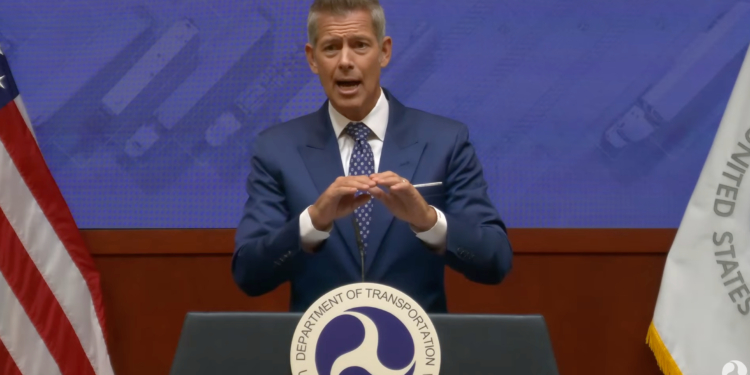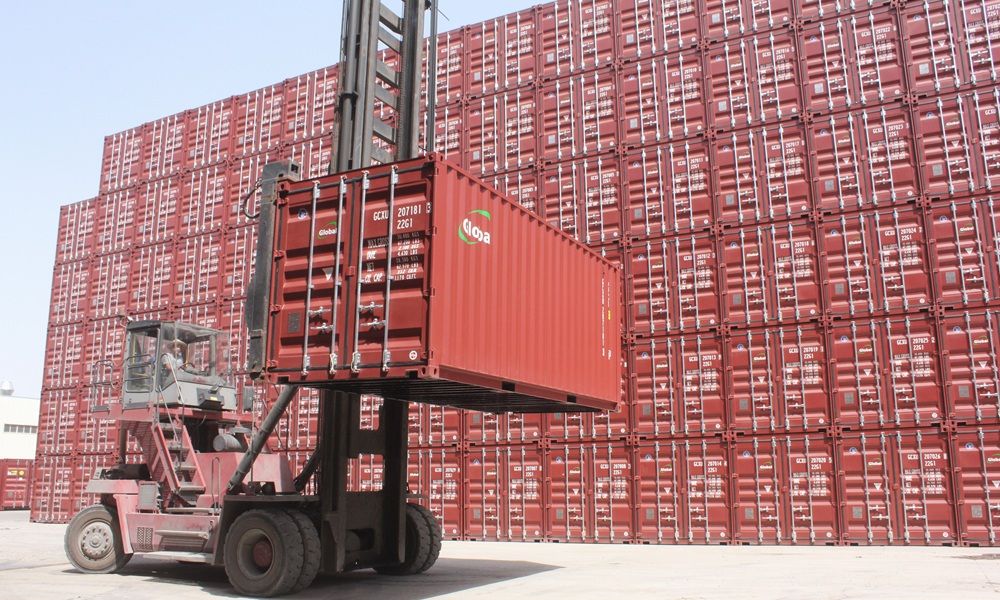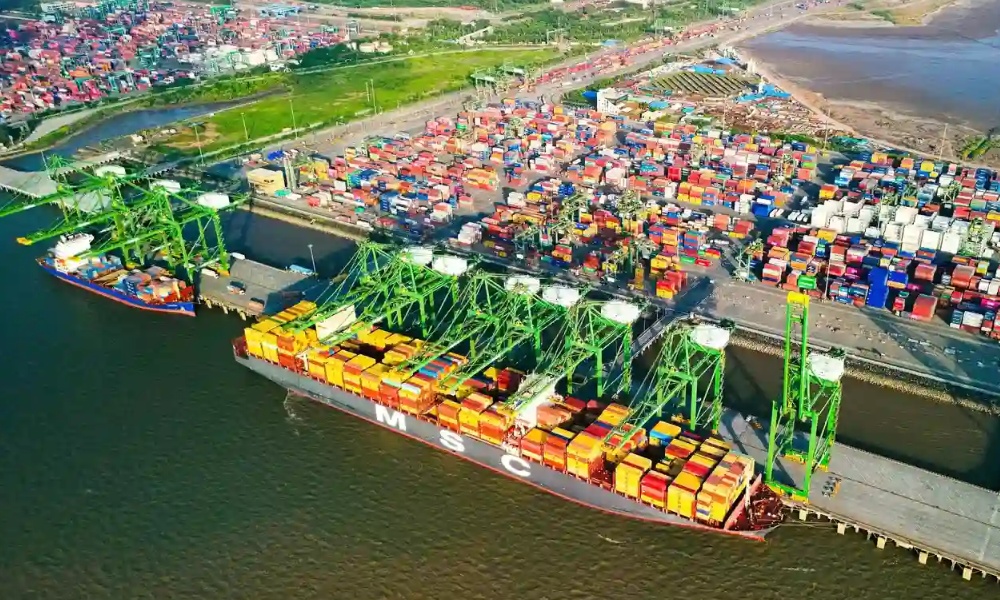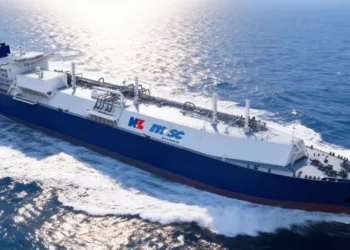WASHINGTON — In a press conference on Thursday, U.S. Department of Transportation (DOT) Secretary Sean Duffy unveiled an aggressive new initiative targeting so-called “CDL mills” — commercial driver’s license schools accused of certifying unqualified drivers, many of whom lack English proficiency, basic operating skills, and proper citizenship documentation.
The move comes as part of a broader effort to enhance road safety in the trucking industry, where accidents involving big rigs have raised alarms about driver qualifications. This crackdown addresses a longstanding issue exacerbated by a 2022 Federal Motor Carrier Safety Administration (FMCSA) regulatory change that allowed self-certification for CDL trainers, leading to over 32,000 registered providers offering minimal training—sometimes as little as a few hours or even just watching YouTube videos.
Duffy’s comments highlighted growing concerns over the integrity of the CDL certification process. “It begs the question: Who is testing these drivers? Who is taking drivers in, seeing if they speak English, and then testing them on basic skills that would allow them to be certified to go to the DOT to get a license?” Duffy said, pointing to schools that are churning out certifications for students who “can’t speak the language” and “don’t have the skills to operate big rigs on roads.” These concerns echo industry warnings about a systemic safety crisis, with approximately 100,000 truck crashes annually resulting in roughly 5,000 fatalities, a 40% increase in deaths from 2014 levels.
These CDL mills, according to Duffy, are issuing fraudulent certifications across the country and submitting them to state Departments of Transportation (DOTs). “They are sending a certification to our state DOTs saying, ‘You have qualified individuals who can drive a big rig and be licensed in your state.’ And the truth is, they are not,” he emphasized. Fraud in these certifications often involves no real oversight, with some providers exempt from state licensing if they are employers, allowing unqualified drivers to hit the roads after inadequate preparation.
The DOT’s investigation will focus on holding these schools accountable, with Duffy warning of “serious consequences” for those involved. “We are going to go after the CDL mills issuing licenses across the country,” he stated. “We are going to take a hard look at those individuals.” This aligns with calls from experts like Steve Gold, founder of 160 Driving Academy, who noted that the self-certification database has created a regulatory vacuum, undermining rigorous training programs.
The crackdown extends beyond the schools themselves.
Duffy announced that the DOT is also scrutinizing trucking companies that hire drivers with questionable credentials. “We are diving into the companies that hire these drivers that may not have a license, that may not have a lawfully issued license, or do not speak the language,” he said. “Companies will be held to account.” Such hiring practices contribute to heightened safety risks, as evidenced by incidents like a fatal accident in Fort Pierce, Florida, where a driver unable to speak or read English—certified through substandard training—killed a family of three.
To enforce compliance, the DOT is leveraging every available tool, including potential financial penalties and revoking states’ authority to issue CDLs if necessary. “In the end, if it takes pulling money—it’s pulling states’ ability to issue CDLs—we will stop at nothing to make sure that our roads are safe,” Duffy declared. States like California, Florida, and Colorado have already taken steps, such as passing legislation or issuing cease-and-desist letters to unlicensed facilities, highlighting the widespread recognition of the problem.
A key element of the initiative is inter-agency collaboration, particularly with the Department of Homeland Security (DHS). Duffy noted that the DOT lacks a “massive law enforcement presence” like Immigration and Customs Enforcement (ICE), and praised DHS Secretary for her support. “That’s why I’m grateful for [the Secretary’s] help—not only bringing attention but using ICE agents to go out and make sure that we have compliance with some of our laws that are on the books from DOT,” he said. This partnership aligns with President Trump’s directive for federal agencies to “work together” rather than in silos.
Duffy underscored the human cost of inaction, referencing viral videos of tragic accidents. “You’ve seen the videos: You have a family out for a Sunday drive or a couple driving home on a weekday afternoon, and tragedy hits because we have people on the roads that aren’t safe,” he said. “They’re not qualified. They should never have a driver’s license, and lives are lost.” The odds of being killed by a commercial truck are about 20 times greater than in an airline crash, underscoring the urgency of addressing CDL mills.
The announcement signals a potential shake-up for the trucking sector, where driver shortages have long been a challenge. The lax certification processes may have contributed to an influx of underqualified operators, exacerbating safety risks on America’s highways. Carriers and training providers will likely face increased scrutiny as the DOT ramps up enforcement.
FreightWaves will continue to monitor developments in this investigation and its impact on the supply chain. For now, Duffy’s message is clear: “It is our job in this department to make sure that people are safe. They expect us to look out for their safety.”
The post Duffy declares war on CDL mills and fleets that hire from them appeared first on FreightWaves.







 (@FreightAlley) October 31, 2025
(@FreightAlley) October 31, 2025













